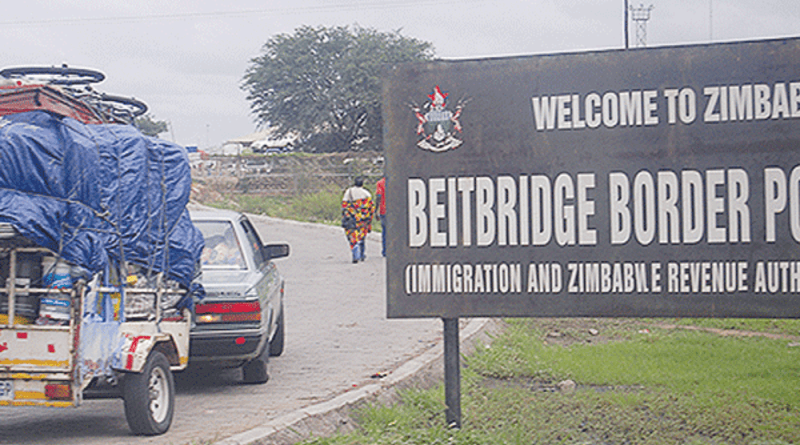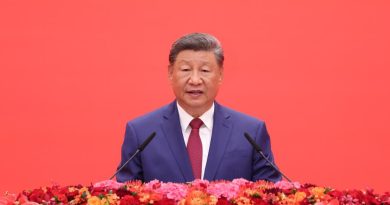Multi-Agency Crackdown Targets Smuggling & Business Malpractices
A multi-agency operation targeting smuggling and unethical business practices has led to the impounding of dozens of vehicles, including buses and haulage trucks, and the confiscation of illicit goods such as foodstuffs and second-hand clothes.
The operation, spearheaded by the Ministry of Industry and Commerce, is part of a nationwide effort to curb the influx of smuggled goods undermining local industries and threatening consumer welfare.
This initiative, led by a high-level task force established by the Cabinet earlier this year, involves the Zimbabwe Revenue Authority (Zimra), the Zimbabwe Republic Police, the Reserve Bank of Zimbabwe (RBZ), the Consumer Protection Commission, and other enforcement agencies. The task force has set up 24-hour roadblocks along major highways and is conducting impromptu inspections at retail outlets. Businesses and transporters found violating the law face steep penalties, including fines, confiscation of goods, and possible legal action.
Authorities say smuggling poses a significant threat to local manufacturing, employment levels, and consumer safety. Industry and Commerce Minister Mangaliso Ndlovu emphasized the government’s commitment to addressing these challenges.
“Government, through this task force, is utilising a whole-of-Government approach to address rampant business malpractices,” Ndlovu said. “These practices, including currency manipulation, use of uncalibrated scales, sale of counterfeit goods, and smuggling, are highly unacceptable. We will not allow them to continue unchecked.”
He added that inspections would include on-site visits, document reviews, and stakeholder interviews. Businesses found in violation will receive guidance on corrective measures and may face prosecution for non-compliance. The government also plans to confiscate expired and fake products, with Minister Ndlovu urging businesses to take the matter seriously.
The operation has been intensified ahead of the festive season, a time when smuggling typically peaks. Authorities report that cross-border transporters, including buses and haulage trucks, are often involved in the illegal importation of goods, such as second-hand clothes and counterfeit products. Returning expatriates also contribute to the problem by bringing in goods that evade customs duties.
Zimra has reiterated the importance of declaring all goods at ports of entry. In a statement, the tax authority warned that failure to declare goods could lead to fines, seizure of goods, or even imprisonment.
“Travellers may be required to present proof of their customs declaration at roadblocks conducted by the authorities,” Zimra stated. “Non-declaration contributes to significant revenue losses for the Government and undermines compliance with customs regulations.”
During the presentation of the 2025 National Budget, Finance Minister Professor Mthuli Ncube underscored the economic and social impact of smuggling. He noted that smuggling undermines local production, disrupts value chains, and discourages investment.
“Smuggling creates an uneven playing field between locally produced and legally imported products. It also promotes illicit activities, discourages investment, and threatens public health as smuggled goods are not subject to health and safety controls,” Prof. Ncube said.
The government recently introduced drones at ports of entry to combat smuggling and is now implementing additional measures to address the issue.
Authorities have called on businesses and individuals to comply with existing laws and regulations to ensure fair trade practices and consumer safety. The task force, which includes representatives from various sectors, aims to restore order in the market and promote ethical commerce.
With the operation expected to intensify in the coming weeks, particularly during the holiday season, businesses and cross-border traders have been urged to ensure their activities align with legal requirements.
Minister Ndlovu summed up the government’s resolve, stating, “Forewarned is indeed forearmed. This operation is about maintaining a level playing field for all and safeguarding the welfare of consumers and the economy at large.”




